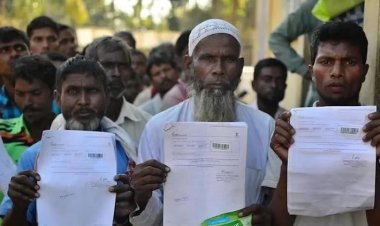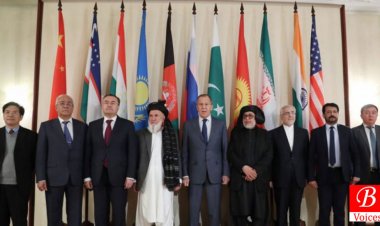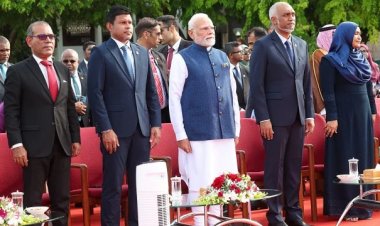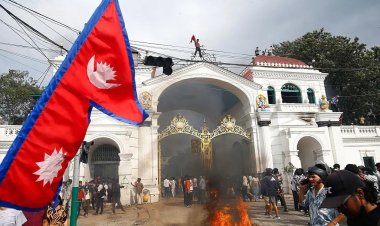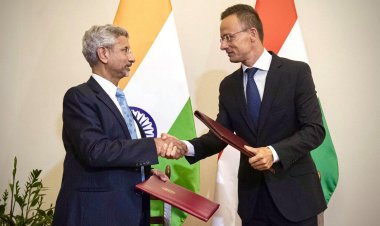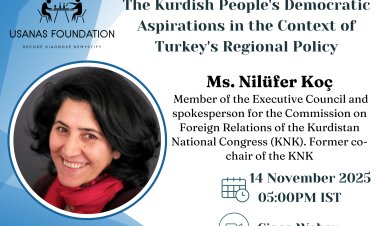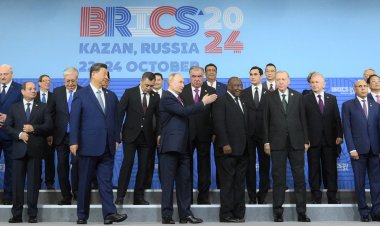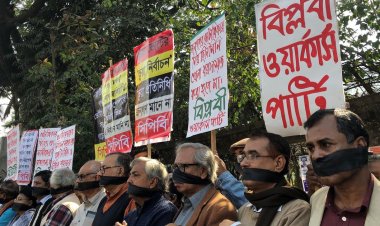Treading Carefully: India’s Balancing Act with the Taliban
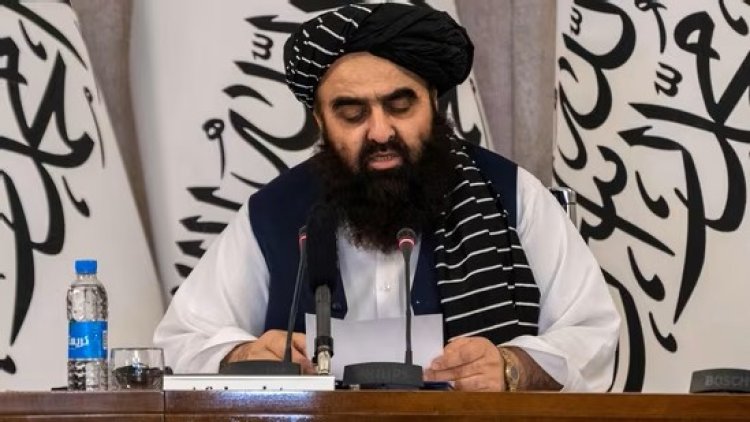
Analysis
By Dr. Shujaat Ali Quadri
On October 9, 2025, Afghanistan’s Taliban foreign minister arrived in New Delhi, the first Taliban leader to visit India since Kabul fell in 2021. New Delhi announced it would upgrade its technical mission in Kabul to a full embassy. But for all the diplomatic fanfare, many in India are wary. After all, this is a regime with a notorious record, it once sheltered Al-Qaeda and still oppresses women, minorities and dissenters. India insists “engagement does not mean endorsement,” and rightly so. Any closer ties must be measured against the Taliban’s true nature and India’s own values.
For decades, the Taliban have provided safe haven to violent terrorists. In the late 1990s, they famously protected Osama bin Laden and his Al-Qaeda network, a partnership that directly led to 9/11 and the U.S. invasion. Today the connections persist. U.S. officials report that Al-Qaeda’s leader, Ayman al-Zawahiri, was hiding in a Kabul safehouse under the nose of the Taliban regime. The compound was reportedly run by subordinates of Sirajuddin Haqqani, now Afghanistan’s interior minister, underscoring how deeply terrorists remain embedded in Taliban ranks.
India’s security planners fear Pakistan-backed groups like Lashkar-e-Taiba and Jaish-e-Mohammed will likewise find a hospitable rear base. Analysts note that the Taliban government “includes entities such as the Haqqani Network” long hostile to India, which could offer sanctuary to LeT and JeM militants. In short, Afghanistan under Taliban rule could again become a launch-pad for attacks on India. As one security study by S. Rajaratnam School of International Studies warns, a “Taliban-controlled Afghanistan gives India-centric jihadist groups an opportunity to use [it] as their operational base to launch attacks against India”
No less alarming is the Taliban’s brutal domestic agenda. Human rights observers say Afghanistan now faces “the world’s most serious women’s rights crisis”. Girls are barred entirely from secondary school and university. Women are forced to cover themselves from head to toe, require male escorts to travel and have been driven out of most professions. Freedoms once taken for granted from education to even visiting a park, are virtually erased for Afghan women. Religious minorities suffer similarly. The once small Hindu and Sikh communities have been restricted from wearing traditional dress or marking festivals, and are forbidden from building new temples. Critics say the situation for all non-Muslims “has deteriorated sharply” under the Taliban. Political opponents and journalists risk arbitrary arrest, torture or execution under Taliban rule. This is a far cry from India’s constitutional promise of equality and free expression.
Indeed, the Taliban’s ideology of an Islamic Emirate is fundamentally at odds with India’s secular democracy. Delhi’s leaders understand this too. As Foreign Minister Jaishankar cautioned, India is “uncomfortable” with the Taliban’s policies on minority and women’s rights. Granting the Taliban too much legitimacy could compromise India’s own values. India’s constitution guarantees religious freedom and equal rights, yet the Taliban have systematically crushed those very principles. Any partnership with a regime that practices what some experts call “gender apartheid” and punishes dissent would send a troubling signal at home and abroad.
Cross-border terrorism is another flashpoint. The long Afghan-Pakistan border used to be a staging area for militants targeting India, especially in Kashmir. Groups like Al-Qaeda in the Indian Subcontinent have already issued audio messages vowing revenge attacks in Kashmir, exploiting any vacuum. While no major Afghan-origin attack on India has occurred since 2021, the potential remains. In this context, even a neutral or passive Taliban regime, let alone a friendly one could imperil Kashmir and northwestern India.
Given all this, India must weigh carefully the cost of legitimizing the Taliban. Full recognition or endorsement carries strategic risks. It would be seen as a green light for the Taliban’s abuses, undermining India’s moral authority on human rights. It could alienate domestic constituencies (women, minorities and secularists) and give India less leverage. As one commentary notes, total recognition “would also be a mistake since it would compromise New Delhi’s democratic values and bestow a benefit on the Taliban”. In effect, India could end up looking weak, its principled stance used against it by hardliners in and outside Afghanistan.
So what should India do instead? Total isolation of Kabul now would only let Pakistan and China expand influence unchecked. But full embrace is equally dangerous. The preferred strategy is cautious, incremental engagement. This means keeping diplomatic channels open for example, a technical embassy in Kabul, but avoiding public rewards. India can continue to provide humanitarian aid (food, vaccines, infrastructure) and development assistance through UN and NGOs, which builds goodwill without implying endorsement. It can press the Taliban privately on security co-operation (insisting that Afghan soil not be used for terrorism) and on incremental respect for rights. Multilaterally, India can work with allies to support an inclusive Afghan government and monitor human rights violations. In short, India should remain present but not paternal: “engage directly, but in a quiet and incremental way,” so as to safeguard its interests without sacrificing its identity.
In sum, India’s stake in a stable Afghanistan is undeniable, but its approach must be driven by both pragmatism and principle. The Taliban’s history and ideology demand vigilance: their rule is antithetical to India’s secular pluralism and offers no guarantees against terrorism. By insisting on its red lines, gender equality, minority protection, and a hard line on terror India can pursue security in Afghanistan without compromising its soul. Any closer relationship should be earned slowly, not granted out of expedience. In geopolitics, as in diplomacy, caution can be India’s greatest ally when dealing with the Taliban.
Disclaimer: This paper is the author’s individual scholastic contribution and does not necessarily reflect the organisation’s viewpoint.
(The Author is the National Chairman of Muslim Students Organisation of India MSO, he writes on a wide range of issues, including, Sufism, Public Policy, Geopolitics and Information Warfare.)




